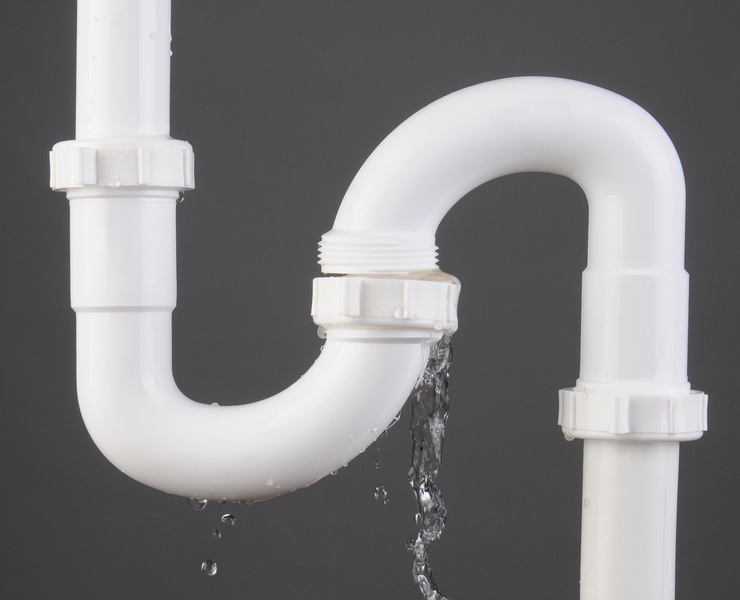Just how to Discover and Repair Water Leaks-- A Comprehensive Overview
Just how to Discover and Repair Water Leaks-- A Comprehensive Overview
Blog Article
Were you trying to locate insight on Hacks to detect leaks?

Early discovery of leaking water lines can mitigate a prospective disaster. Some little water leaks might not be visible.
1. Examine the Water Meter
Every residence has a water meter. Inspecting it is a proven manner in which helps you discover leakages. For starters, turn off all the water sources. Ensure nobody will purge, use the faucet, shower, run the washing machine or dish washer. From there, most likely to the meter and watch if it will certainly transform. Because nobody is utilizing it, there ought to be no motions. If it moves, that suggests a fast-moving leakage. If you find no changes, wait an hour or 2 and also check back once again. This suggests you may have a slow leak that can also be below ground.
2. Check Water Usage
If you find sudden changes, despite your intake being the exact same, it indicates that you have leaks in your plumbing system. A sudden spike in your expense indicates a fast-moving leakage.
A stable rise every month, also with the same behaviors, shows you have a slow-moving leakage that's also gradually intensifying. Call a plumber to thoroughly inspect your residential property, particularly if you feel a cozy area on your flooring with piping underneath.
3. Do a Food Coloring Examination
When it pertains to water consumption, 30% originates from toilets. Examination to see if they are running correctly. Decline specks of food shade in the storage tank and also wait 10 minutes. If the shade somehow infiltrates your dish during that time without flushing, there's a leak in between the storage tank and bowl.
4. Asses Exterior Lines
Don't fail to remember to examine your exterior water lines also. Needs to water seep out of the connection, you have a loose rubber gasket. One tiny leak can lose tons of water and spike your water bill.
5. Examine and Evaluate the Situation
House owners need to make it a routine to inspect under the sink counters and also even inside cupboards for any type of bad odor or mold growth. These two warnings show a leakage so punctual interest is needed. Doing regular assessments, also bi-annually, can save you from a major trouble.
If you know your residence is currently old, keep a watchful eye on your heating units, hose pipes, pipes and so on. Look for discolorations and weakening as the majority of devices as well as pipes have a life span. They will also naturally degrade because of wear and tear. Do not wait for it to rise if you think dripping water lines in your plumbing system. Call a specialist plumber right away so you don't wind up with a horrible mess in your home.
Early discovery of leaking water lines can minimize a prospective calamity. Some tiny water leakages might not be visible. Examining it is a surefire way that assists you uncover leaks. One little leak can lose tons of water as well as increase your water bill.
If you think dripping water lines in your plumbing system, don't wait for it to intensify.
How to Know If Your Home Has a Hidden Leak
Water Meter Reveals Inexplicable Water Usage
If you’d like to test whether or not there’s a leak somewhere in your home, you can do this using your water meter. Here is how to conduct the test:
Don’t use any water in your home for at least 30 minutes; this also means not turning on faucets or water-using appliances.
Go outside, and check your water meter for activity.
If your water meter shows that there was activity, even though no one was using any water, this proves that there is a leak in your home.Visible Mold or Mildew Growth
Leaks behind walls create moist, dark environments that allow mold and mildew to grow and thrive. Eventually, you might see mold growth forming on the wall closest to a hidden leak.
If mold is growing in an area that receives a high amount of moisture, such as a bathroom, it may simply be an indication that better ventilation is needed. However, if you see mold growth on a wall or the ceiling in an area where you would not expect, you probably have a hidden leak.
Musty, Mildew Odor
Sometimes you might not be able to see the mold or mildew that is growing as a result of a leak. However, the smell can give the problem away just as easily. If you catch a whiff of something musty, there’s a good chance that old water is collecting somewhere in your home that you can’t see.
Stained/Warped Walls, Ceilings, or Floors
When your home soaks up water, a variety of red flags can become visible, including ceiling stains, bubbling drywall, warped walls, and sagging floors. While these issues can be caused by excess humidity, they can also be signs that a pipe or plumbing connection has started leaking behind your walls.
Inexplicably High Water Bill
After a while, you get a general sense for what your water bill should be. If you own a pool or sprinkler system, your bill will tend to be higher during summer. However, if you receive a water bill that seems especially high, and you can’t figure out what caused it, then you may have a hidden leak somewhere that’s increasing your bill.
https://www.plumbingjoint.com/blog/2019/july/how-to-know-if-your-home-has-a-hidden-leak/

Do you like reading up on Locating water leaks? Give a comment directly below. We would be glad to listen to your views about this review. Hoping that you come back again soon. Do you know about anybody else who is enthusiastic about the subject? Feel free to share it. I am grateful for your time. Kindly check our website back soon.
Report this page